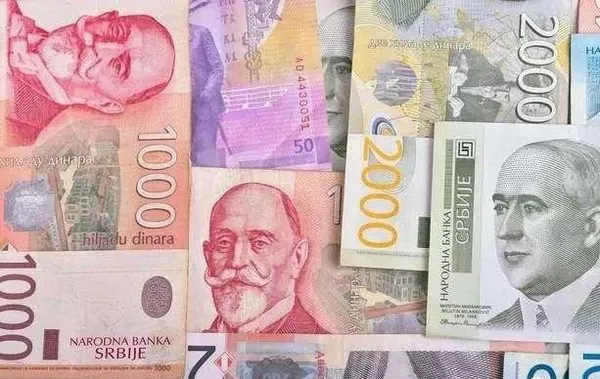The GBP/JPY pair has encountered a retreat from its recent gains, touching as low as 182.10 during the European session on Tuesday. A contributing factor to this decline in the exchange rate is the impact of mild UK income data, which has the potential to weaken the British Pound (GBP).
In August, average earnings, excluding bonuses and measured over a three-month period, remained consistent at 7.8%, in line with expectations. However, compensation levels, which incorporate bonuses, registered at 8.1% for the same quarter, falling short of the consensus expectation of 8.3%.
Market observers are eagerly awaiting the release of the UK Consumer Price Index (CPI) data scheduled for Wednesday. The anticipated annual rate is expected to decrease slightly from 6.7% to 6.5%. Meanwhile, the Core CPI, which excludes volatile items, is projected to drop from 6.2% in September to 6%. Despite the moderation in the yearly figures, it is predicted that monthly CPI will exhibit a notable increase, rising from 0.3% to 0.4%.
The surge in monthly inflation data may stoke speculation regarding the Bank of England’s (BOE) inclination to implement another interest rate hike. As it stands, the probability of a 25-basis point interest rate increase during the current interest rate hike cycle by the Bank of England hovers around 50%.
Conversely, the Bank of Japan (BOJ) maintains a stance that inflationary pressures are temporary and has no intentions to phase out its substantial monetary stimulus. This dovish outlook, combined with an overarching positive sentiment in the risk markets, continues to exert pressure on the safe-haven Japanese yen (JPY). This dynamic suggests a greater likelihood of an upward trend in the GBP/JPY exchange rate.
The prospect of Japanese authorities intervening in foreign exchange markets to bolster the domestic currency has added to the downward pressure facing the GBP/JPY pair.


